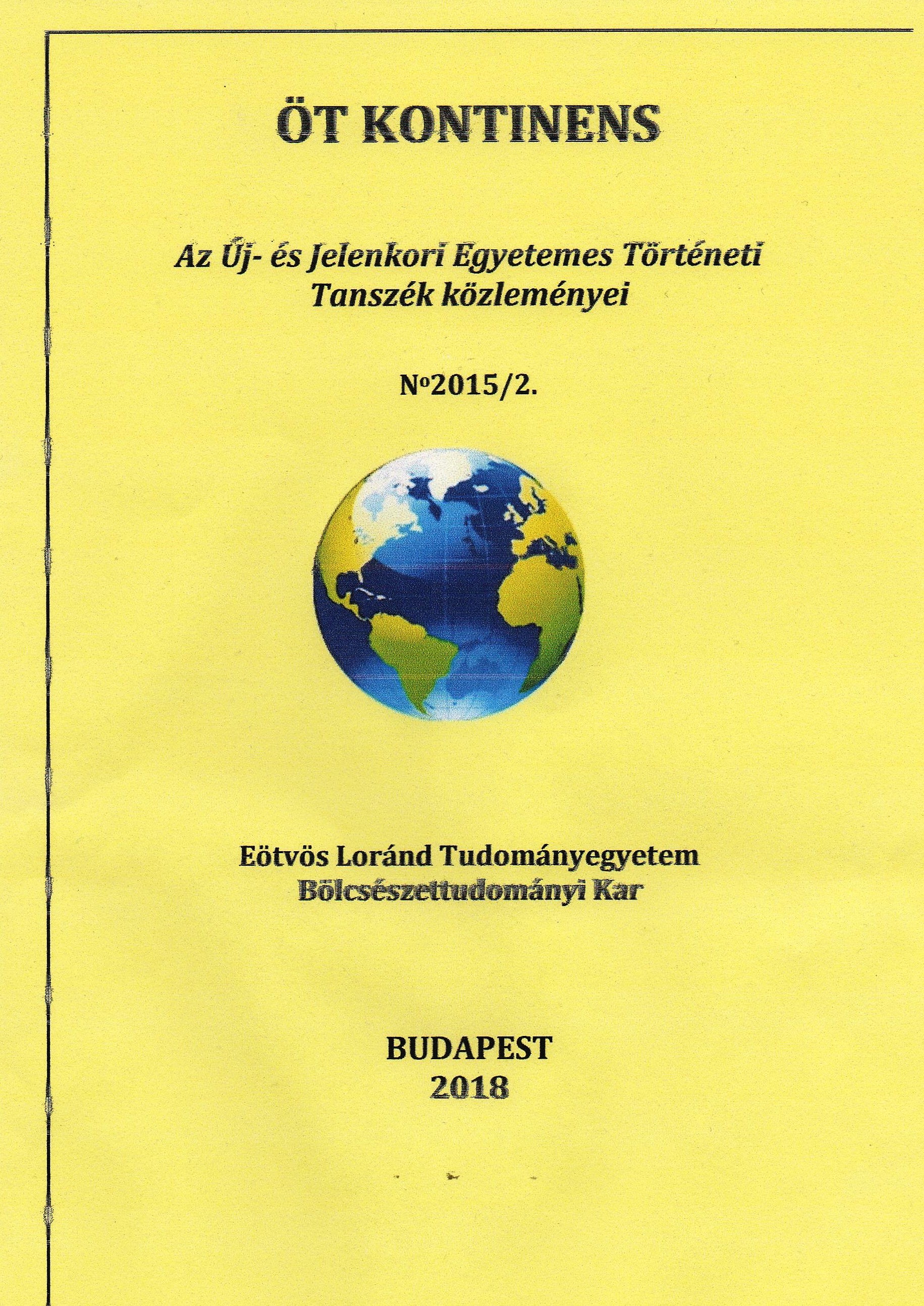Warfare, Horror, and the Truth On-screen:
The Role of the American Media in the Vietnam War
Warfare, Horror, and the Truth On-screen:
The Role of the American Media in the Vietnam War
Author(s): Gábor FöldessySubject(s): Political history, Military policy, Post-War period (1950 - 1989), Geopolitics, Peace and Conflict Studies
Published by: Eötvös Loránd Tudományegyetem, Új-és Jelenkori Egyetemes Történeti Tanszék
Keywords: the Tet Offensive; the American media; Vietnam War; credibility gap; Walter Cronkite; television; public opinion; Gen. William Westmoreland;
Summary/Abstract: The American media played an essential role during the Vietnam War. Not only did the television show the antiwar demonstrations across the U.S., but reporters also informed the American public and the politicians about the happenings in Vietnam. Although the media mostly supported the war, as President Johnson escalated the military conflict in 1965, journalists began to oppose the American involvement in Vietnam. In addition, the media also shaped public opinion about the war. One of the major journalists, Walter Cronkite’s report was a decisive moment in the Vietnam War as he, contradicting the statements of the American political and military leaders, revealed that the United States was unlikely to win the war in Vietnam. Afterward, more and more Americans turned against the war. This paper aims at examining the role of the American media in the Vietnam War and the effects of the media on public opinion.
Journal: ÖT KONTINENS
- Issue Year: 2015
- Issue No: 2
- Page Range: 41-48
- Page Count: 8
- Language: English

